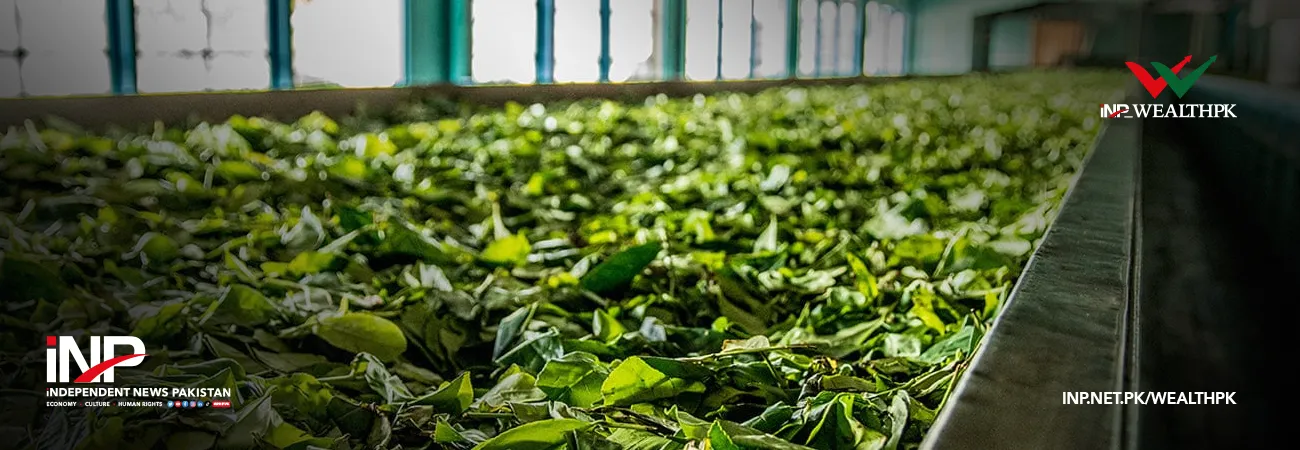INP-WealthPk
Qudsia Bano
The recent narrowing of Pakistan's current account deficit (CAD) to 0.2% of GDP in FY24 has generated optimism among experts about the country's economic stability. This improvement from the 1.0% deficit recorded in FY23 is a promising indicator of Pakistan's financial health. The State Bank of Pakistan (SBP) reported that the current account had recorded surpluses for three consecutive months before slipping into deficits in May and June. These deficits, anticipated by the Monetary Policy Committee (MPC), were attributed to higher dividend and profit payments and a seasonal rise in imports. However, these factors were offset by a significant increase in exports and workers' remittances, leading to an overall reduction in the deficit. Dr. Ahmed Faraz, a senior economist at the Pakistan Institute of Development Economics (PIDE), highlighted the positive implications of the narrowing deficit.
"A reduced current account deficit reflects improved economic management and stability. The increase in exports and remittances is particularly encouraging, indicating stronger economic fundamentals," he said. Financial analyst Asad Malik emphasized the role of financial inflows in boosting the SBP’s foreign exchange reserves. "The revival of financial inflows has been crucial in building the SBP's FX reserves. This not only strengthens our external position but also provides a buffer against potential economic shocks," he noted. Looking ahead, the MPC anticipates a modest increase in imports, aligned with the projected growth outlook. However, the committee expects this to be balanced by continued robust growth in workers' remittances and further increases in exports. The MPC projects that the current account deficit will remain within the range of 0-1.0% of GDP in FY25.
Economists are urging policymakers to capitalize on this positive trend by implementing measures that support sustainable growth. "Maintaining a low current account deficit is essential, but it's equally important to ensure that the growth in exports and remittances is sustained. Policies should focus on enhancing export competitiveness and facilitating remittance flows," suggested Dr. Farhan Khan, an economic analyst at the Pakistan Economic Forum. Khan added that the narrowing of the current account deficit to 0.2% of GDP is a positive sign for Pakistan's economy, reflecting improved management and robust economic fundamentals. With experts optimistic about continued stability, the focus now shifts to maintaining this momentum and ensuring sustainable economic growth.
Credit: INP-WealthPk













